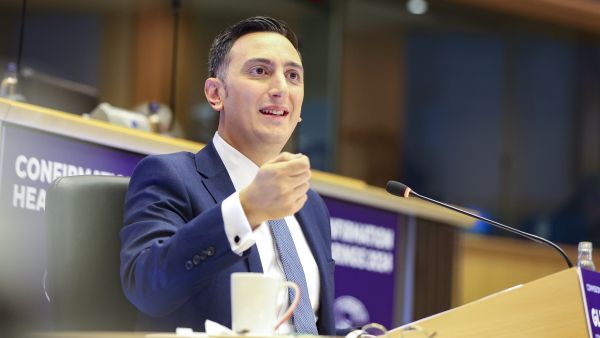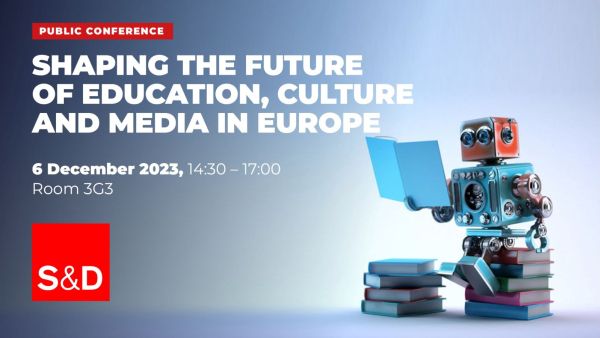Education plays a crucial role in giving European citizens a more equal chance in life. Yet, according to the recent PISA* tests, every fifth European pupil faces problems with basic skills such as reading, mathematics and science.
As much as modern education can boost economic growth and job creation, the Socialists and Democrats in the European Parliament insist that beyond the economic benefits, the role of education systems is to mould a well-rounded person who is capable of self-realisation in his or her professional, social, cultural and civic life in a diverse, global environment.
In order to fulfil that personal and social function, the S&Ds strongly support the recommendations, made by S&D MEP Krystyna Łybacka, to modernise education in a report voted on this morning in the parliamentary committee on culture and education.
Krystyna Łybacka said:
“Modern schools should be centres of critical and creative thinking. This requires a paradigm shift in teaching. Learning by rote must be replaced by thinking, understanding and discussion.
“The role of teachers is crucial; we must improve their status, their working conditions, career prospects and pay. We need to invest in teachers’ ongoing professional development and to increase their participation in international exchanges.
“The school should be the place where we learn to live together, respecting our differences, in a fast-changing globalised world.”
S&D spokesperson on culture and education, MEP Silvia Costa, said:
“If governments in the EU really care about the youth, they must provide the funding for their future. We urge member states to invest at least 2% of their GDPs in higher education.
“And we also ask member states to comply with the EU benchmark of investing 3% of the EU GDP in research and development (R&D) by 2020. We have to change the EU’s current technocratic mentality and instead of looking only at the fiscal deficit and macro-economic figures, the Commission should put pressure on member states when they fail to deliver on their commitments for the future. Our youth deserves the effort.
“We also insist on education as the key tool for social inclusion and achieving equal opportunities, especially for vulnerable and disadvantaged groups. Access to education must be made non-discriminatory and we have to ensure that everyone enjoys the same chances of accessing and completing education and training at all levels.”
* Programme for International Student Assessment
Related content
Find out more








